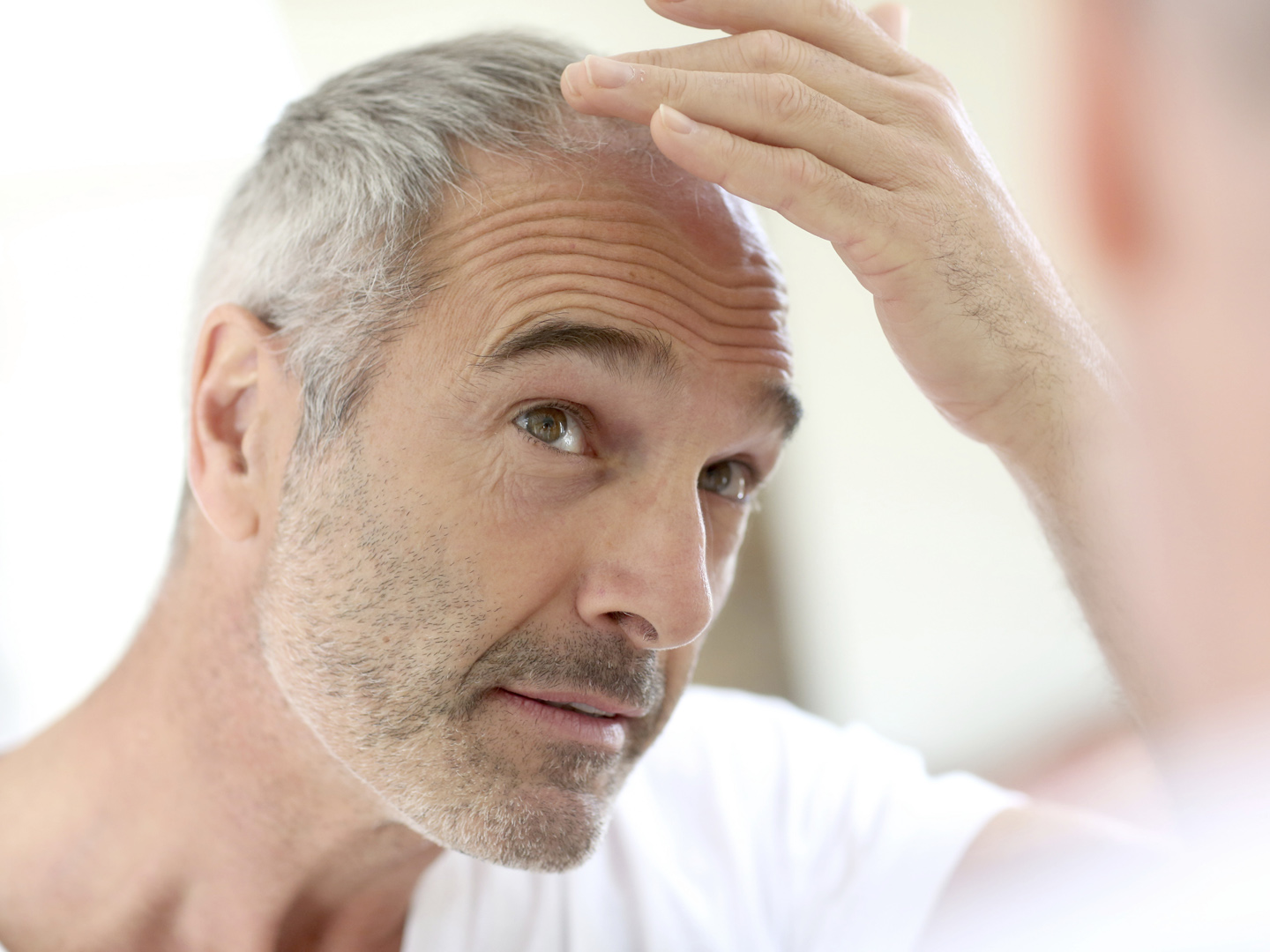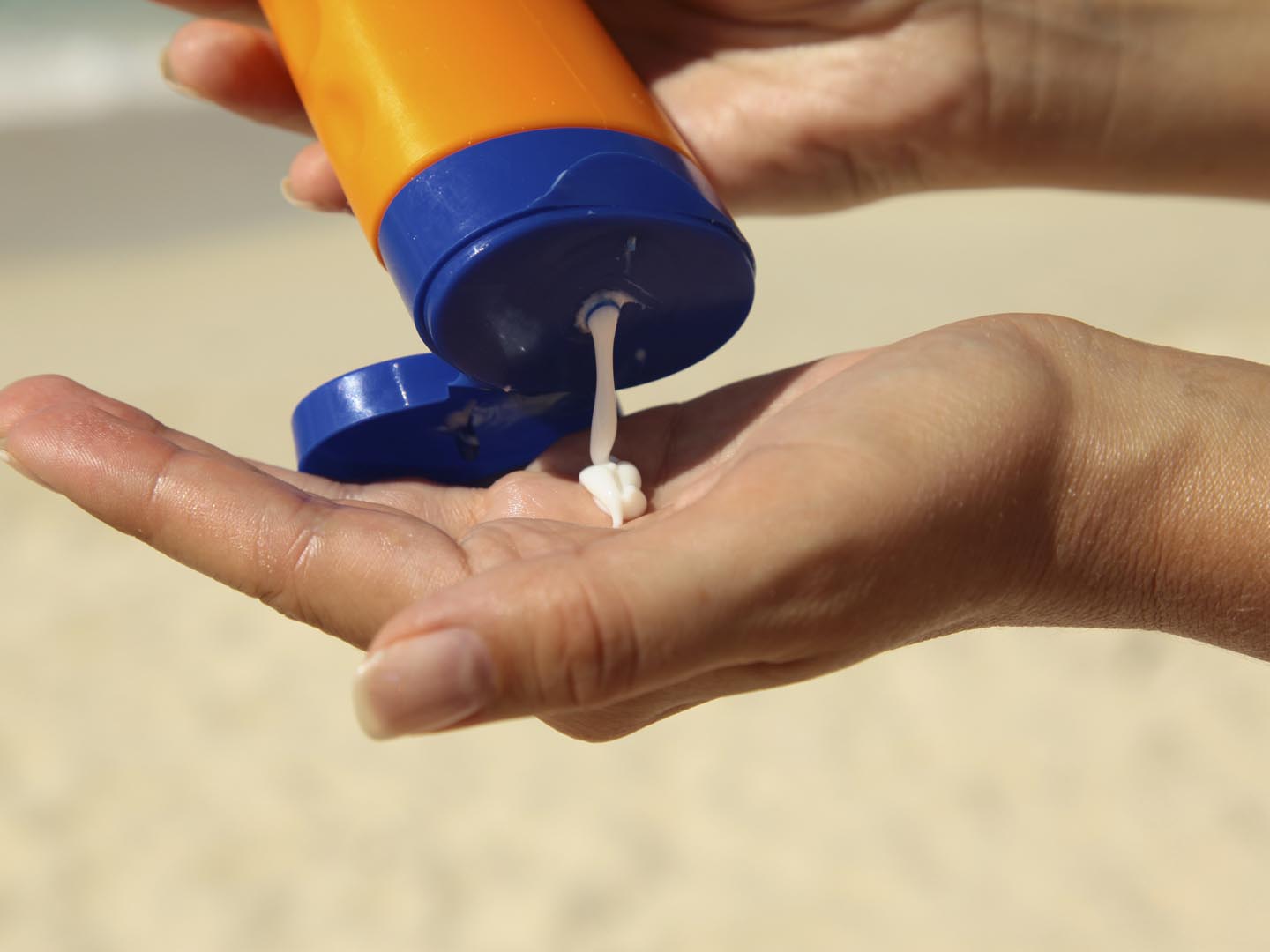Reversing Hair Loss?
I go through periods where I lose hair for no apparent reason (no extra stress, no dietary changes, and no change in hormone regime). When I took ferrous sulfate for 30 days on the instructions of my dermatologist some years ago, the hair loss seemed to abate. (My blood test showed I was on the low side of normal for iron.)
Andrew Weil, M.D. | June 22, 2004

Iron deficiency can sometimes contribute to hair loss. This usually happens when you don’t get enough iron from your diet or, for some reason, do not fully absorb iron. Women who have heavy menstrual periods may develop iron deficiency due to their monthly blood loss. Even though a test once showed you to be low on iron, don’t assume that you are now and don’t take iron unless you’ve been tested and your doctor has recommended a supplement. (Supplemental iron can do you a lot more harm than good if you don’t need it. Iron is an oxidant, and excessive amounts can accumulate in the body, increasing your risk of both cancer and heart disease.)
Other possible causes of hair loss include severe stress, the damaging effects of hair treatments or styling, and a habit of twisting or pulling your hair. Some prescription drugs can also lead to hair loss, including blood thinners and medications for gout, arthritis, depression, heart problems and high blood pressure. If you’re taking a drug for any of these conditions, check to see if hair loss is a side effect. You also might ask your doctor to test you for thyroid disease, which can cause hair loss and is a common disorder among women.
Whatever the cause of your hair loss, you may be able to prevent further loss and encourage re-growth by including omega-3 fatty acids to your diet. Try to eat salmon, sardines, herring or mackerel two or three times a week or sprinkle two tablespoons of freshly ground flax seeds per day on your cereal or salads. Buy whole flax seeds, keep them in the refrigerator, and grind enough for a week at a time in a coffee grinder or blender. In addition, supplement your diet with the essential omega-6 fatty acid called GLA (gamma-linolenic acid) in the form of black currant oil or evening primrose oil, available in capsules or soft gels at health food stores. Take 500 mg of either twice a day. Be patient with this one. You won’t see results for six to eight weeks.
Andrew Weil, M.D.










